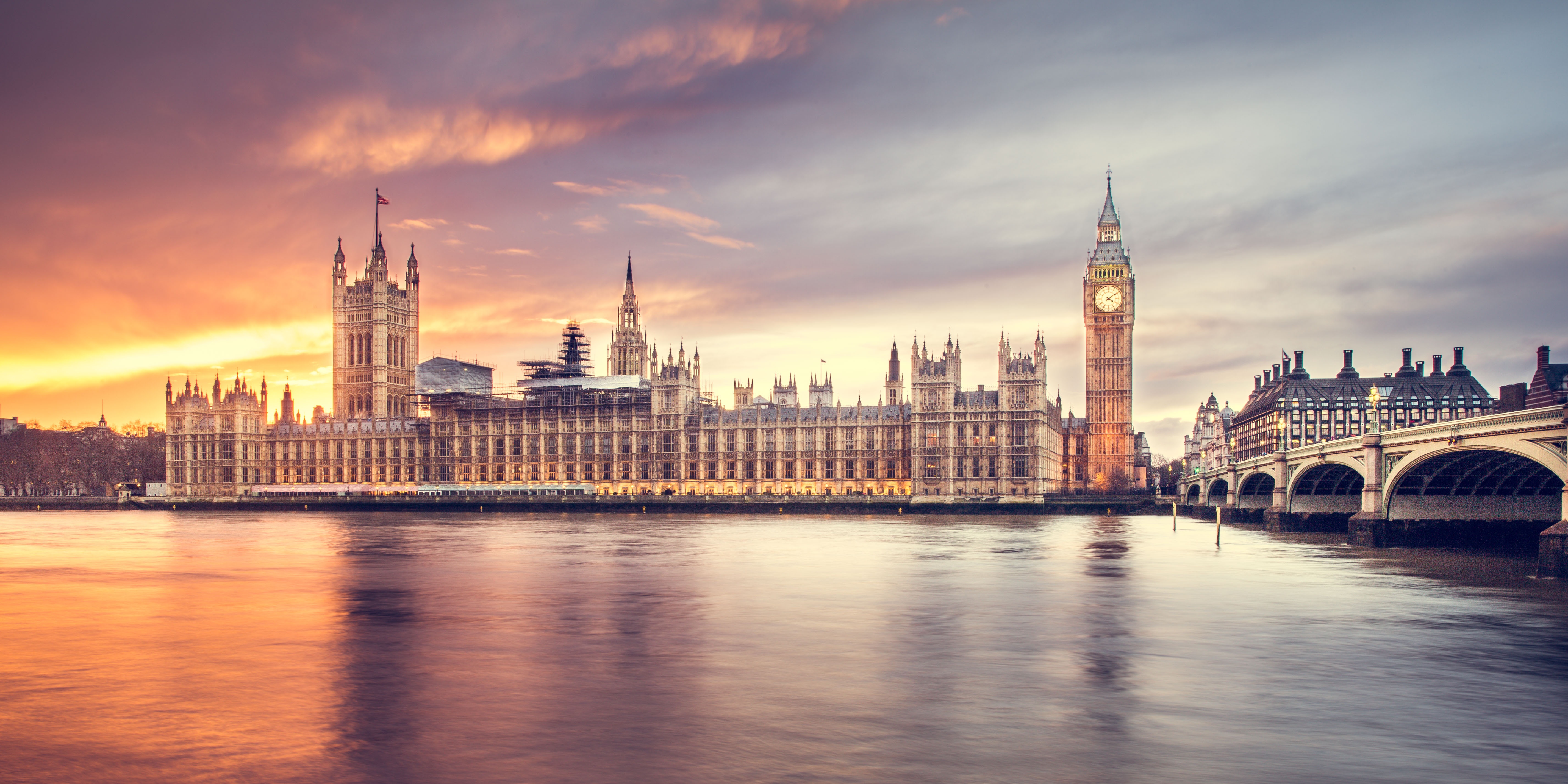What Hotels can Expect From the Tourism Sector Deal
Following Theresa May’s announcement of the multi-stranded tourism deal, the hospitality sector is set to get a much needed boost. Importantly, the deal formally realises the sectors immense contribution to the UK economy, as well as its status as a major employer of the public.
What is the Tourism Sector Deal?
The new Tourism Sector Deal announced in June was introduced to back UK small businesses, entrepreneurs and innovators, with an ambitious goal to increase the productivity and investment which will ultimately benefit local economies across the country.
The foundations for such a deal is described as bringing together “a coalition of government, businesses and trade associations who have a shared ambition to improve the industry’s performance and help to fulfil its potential and deliver wide-reaching benefits”.
The deal is cemented in the 5 foundations of the industrial strategy:
Ideas
The vision to Establish the UK as the world’s most innovative economy. This deal will put small businesses at the heart of the sector’s innovation through the creation of a Tourism Data Hub.
People
The vision to create good jobs and greater earning power for all. With the tourism sector already supporting an estimated 1.6 million jobs across the UK, the deal wants to ensure the industry has a more skilled workforce going forward.
Infrastructure
The vision to upgrade the UK’s infrastructure. As part of this, the deal will aim to set out exactly how the public and private sectors will invest in assets such as transport, attractions and accommodation.
Business Environment
The new International Business Events Action Plan is designed to attract business events to the UK in order to maintain the UK’s industry leading position as a first choice location for hosting international business events in Europe.
Places
The vision to help prosperous communities thrive across the UK. With tourism about place building, it makes sense that local attractions and amenities should be developed, maintained and cared for so that the lives of local residents as well as visitors are enhanced.
Devolved Nations
With tourism a devolved competence, the UK Government is committed to consulting devolved Governments where appropriate, on future work and projects which the nations can join up on.
Based on these 5 pillars of the industry strategy, the new, “transformational”, sector deal includes plans for a skills board, 10,000 nw apprenticeships, 130,000 more hotel rooms and support for selected ‘tourism zones’.
UKHospitality chief executive Kate Nicholls states “We’ve got explicit government endorsement as a sector for future economic growth and a career of choice and I don’t think we had that level of support from government before. That endorsement of us will mean that people pay more attention to us across government in terms of the impact that policies have on the sector and the need for the sector to be supported”.
So what exactly can the hotel industry expect?
Tourism Zones
Five pilot Tourism Zones will be created initially. The deal proposes that the UK Government will provide significant support to enhance attractions, extend peak seasons and invest in skills within these zones.
Digital skills training and practical guidance in management and leadership will be provided to SMEs as part of the Be the Business programme. On top of this, larger businesses have also committed to offering training and support to smaller businesses within the zones.
The introduction of tourism zones is aimed at driving up visitor numbers. Plans such as extending the tourism season outside of summer months, investing in the local workforce, increasing accessibility and enhancing attractions will all be implementing into the selected zones.
Kate Nicholls added “The tourism zones are designed to put tourism in the economic plans at a local level and to provide funding within those tourism zones to boost tourism businesses. Critically, it’s to boost those shoulder periods. London is busy most of the year-round, but some of the smaller places where tourism is not the largest economic sector and is not the top employer may fall away – it’s designed to help those areas.”
Hospitality Skills Board
Chaired by formed Travelodge chief executive Grant Hearn, a new Hospitality and Tourism Skills Board will be created. The board will oversee the immense increase in approved apprenticeships to a total of 30,000 a year by 2025. Mentoring programmes will also be provided for 10,000 hospitality employees every year.
An employer-funded £1m retention and recruitment campaign will also be led, with goals to reduce employee churn and to measure employment prospects of participants in the mentoring scheme.
Hearn stated his eagerness in getting up-and-coming industry professionals involved in attracting new, fresh talent.
“We need big boards in this kind of scenario. When we start looking at programme roll-outs, we will need people on the ground in local markets, so we will be looking for lots of people who are keen to get involved, and people should be keen to get involved. This is really important.”
Ultimately the creation of this board and its goals will seek to give the hospitality sector the place it deserves by implementing concrete actions.
Tourism Data Hub
Through the British Tourism Authority, tourism data hub will be introduced to enable easy access to the latest market research.
This will enable an open and collaborative environment whereby data from major tourism businesses is shared, allowing all businesses to understand consumer habits that can then be targeted more effectively. Smaller hotels and other businesses in the hospitality sector will massively benefit from this, with the information able to guide their future strategies.
Events Action Plan
The UK is already a leading location for business events to be held.
In 2017, almost a quarter of all international visits were made up of business trips. The deal aims to continue to attract business travellers, with a focus on improving the business environment to host major conferences and exhibitions. £250,000 is set to be invested into broadband connectivity in conference centres across the UK as part of this initiative.
In addition, UK holidays will be made available to all, as well as make the country the most accessible destination in Europe. Improvements in this area can only enhance the hospitality sector.
Hotel Rooms
More than 130,000 new hotel rooms are set to be built across the UK by 2025, with 75% being built outside of London. This would be an increase of 21% on the current UK’s accommodation. Such figures take into account the growing tourism demands of the UK.
With all these changes, the announcement of the tourism sector deal can only be positive for the hospitality sector. For more hotel news, check out our previous blog posts, or get in contact to discuss your hotel refurbishment.






